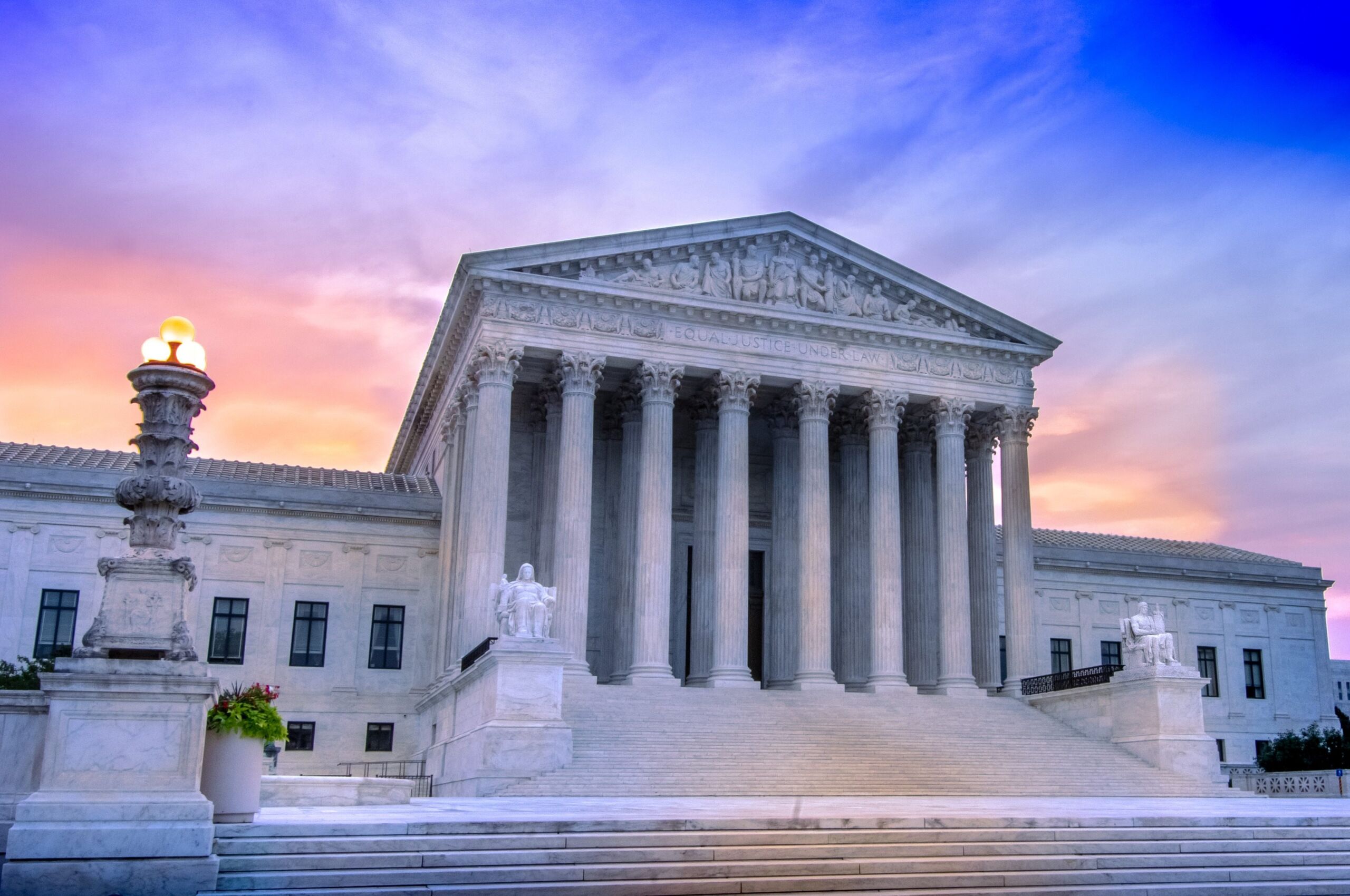You have a business entity. You took the time to form it. You made all of the tax filings. And then the business can’t pay its own tax liabilities. It owes the IRS back taxes.
As you try to work with the IRS to resolve the balance, the IRS wants to know about your personal financial information. It asks even though this is not a personal tax liability.
The question is whether you have to provide this type of information to the IRS–or can you just tell the IRS that this type of information is none of its business, and not relevant to the matter at hand?
The recent case of DCSL LLC v. Commissioner, T.C. Summ. Op. 2025-9 gets into this issue. It is a case where the IRS asked the business to explain whether its owner could borrow against his personal residence and lend the proceeds to the company before approving an installment agreement.
Facts & Procedural History
The taxpayer operated a general contracting business organized as a limited liability company but taxed as an S-corporation. Diego owned the entire company and served as its president. The business filed quarterly employment tax returns showing balances due for payroll tax liabilities for several periods in 2022. The IRS imposed failure to timely pay and failure deposit penalties.
The IRS issued a Notice of Intent to Levy in October 2023. The taxpayer requested a collection due process hearing under Section 6330. The business proposed paying $2,500 per month through an installment agreement to resolve the debt. Along with this proposal, the company submitted Form 433-B showing its financial position. The form listed more than $200,000 in accounts receivable, approximately $110,000 in bank and credit card debt, and $112,361 that Diego owed to the business.
In the CDP hearing, the appeals officer required the taxpayer to address Diego’s ability to borrow against the equity in his personal home and lend those funds to the company. The appeals officer gave the business one month to provide information about Diego’s home equity borrowing capacity and to submit any objections with supporting documentation. The business never provided the requested information or documentation. The appeals officer closed the case and issued a Notice of Determination sustaining the IRS levy.
The taxpayer filed a petition in the U.S. Tax Court and the IRS moved for summary judgment in the case.
Collection Due Process Rights
Congress created collection due process hearings to give taxpayers a meaningful opportunity to challenge IRS collection actions before they occur. Section 6330 requires the IRS to notify taxpayers of their right to a hearing before levying on property. These hearings serve as a check on the IRS’s broad collection powers.
At a CDP hearing, taxpayers can raise several categories of issues. They can challenge the existence or amount of the underlying tax liability if they never received a statutory notice of deficiency. They can raise spousal defenses. They can challenge whether the proposed collection action is appropriate. Most relevant here, they can propose collection alternatives such as IRS installment agreements, offers in compromise, or currently not collectible status.
The appeals officer in turn has to verify that the IRS followed all applicable legal and administrative procedures. The officer has to consider the issues the taxpayer raises. The officer has to also balance the IRS’s need for efficient tax collection against the taxpayer’s legitimate concern that the collection action be no more intrusive than necessary.
Financial Analysis for Business Tax Debts
This brings us to the financial analysis the IRS does for business tax collection cases. The IRS uses Form 433-B to gather financial information from businesses. This form requires detailed disclosure of bank accounts, investments, accounts receivable, real property, vehicles, and equipment. It also requires information about debts, monthly income, and monthly expenses. Revenue officers use this information to calculate how much the business can pay toward its tax debt.
The Internal Revenue Manual provides guidance to IRS personnel on conducting these financial analyses. While the IRM doesn’t have the force of law and doesn’t create enforceable taxpayer rights, courts often find it persuasive when evaluating whether the IRS acted reasonably. The IRM reflects the agency’s internal policies and procedures.
One IRM provision specifically addresses how to evaluate a business owner’s ability to contribute to the company’s tax payment. The provision appears in a question and answer format, asking what an appeals officer should do when an owner could potentially lend money to the business. The answer: determine the officer’s ability to make such a loan.
Can the IRS Require Owners to Borrow Against Personal Assets?
This gets to the question in this case, namely, can the IRS Appeals Office require the taxpayer to borrow against their personal assets to pay a business tax balance?
This question sits at the heart of the case. The business owner maintained separate personal and business finances. The company operated as a separate legal entity. Yet the IRS looked past the corporate form to evaluate what the owner could personally do to help the business pay its taxes.
The appeals officer didn’t order Diego to take out a home equity loan. The appeals officer didn’t require the business to receive such a loan. Instead, the appeals officer asked the business to address whether Diego could access home equity and whether the business could borrow from him. The appeals officer gave the business a month to respond and to provide any objections or documentation.
This approach aligns with how the IRS treats closely held businesses in collection matters. When one person owns and controls a company, the IRS considers how the owner’s personal financial position affects the company’s ability to pay. An owner who refuses to access personal resources may find the IRS less willing to accept a low monthly payment from the business.
The IRM provision the appeals officer relied upon reflects this philosophy. It instructs officers to determine whether a business owner can lend money to the company. This determination requires looking at the owner’s personal assets and borrowing capacity. For many small business owners, home equity represents the largest potential source of funds.
The Business’s Failure to Respond
The taxpayer’s main problem wasn’t that the IRS asked about home equity. The problem was that the business never provided the requested information. The appeals officer gave clear instructions about what he needed. He set a deadline. He even extended the deadline when Diego called. Yet the business never submitted documentation or objections.
The U.S. Tax Court has consistently held that taxpayers cannot succeed in CDP cases when they fail to provide information the IRS requests during the hearing. The time to present evidence is during the administrative process. Taxpayers who wait until litigation to offer documentation generally lose. The court reviews what the appeals officer knew at the time of the determination.
In this case, the business stated in its tax court petition that it would provide updated financial information and evidence of inability to borrow through Diego’s home equity. The business never submitted this evidence. Even if it had, the court noted that such post-hearing evidence would not demonstrate abuse of discretion. The appeals officer had to make a decision based on what the taxpayer provided during the hearing process.
The Takeaway
Business owners sometimes assume that operating through a corporation or LLC shields their personal assets from business tax debts. This assumption is partially correct. The IRS cannot generally levy on an owner’s personal assets to collect a business’s tax debts without taking other steps, such as imposing a trust fund penalty or litigating to pierce the corporate veil. With that said, as evidenced by this case, this protection has limits in the collection alternative context. When a business seeks an installment agreement or other collection alternative, the IRS can consider all sources of potential payment. If the owner could contribute funds to the business, that affects what payment plan is reasonable. S-corporations and single-member LLCs face particular scrutiny in this area. These entities provide liability protection but are disregarded for some tax purposes. Owners often move money between themselves and their businesses. The line between personal and business finances blurs. The IRS can exploit this reality when analyzing collection alternatives.
Watch Our Free On-Demand Webinar
In 40 minutes, we’ll teach you how to survive an IRS audit.
We’ll explain how the IRS conducts audits and how to manage and close the audit.




























